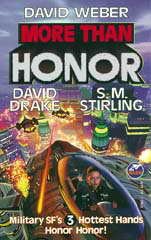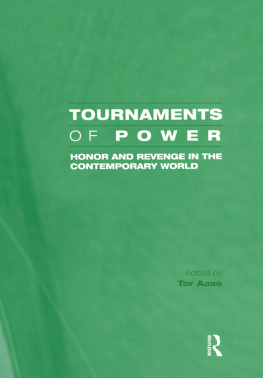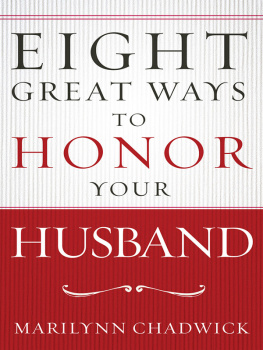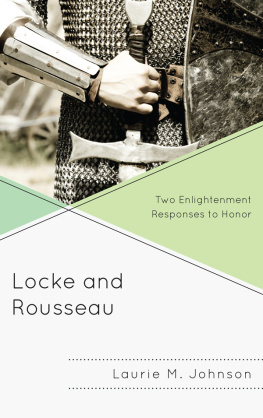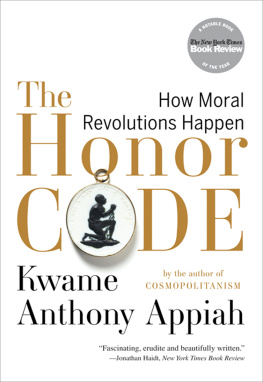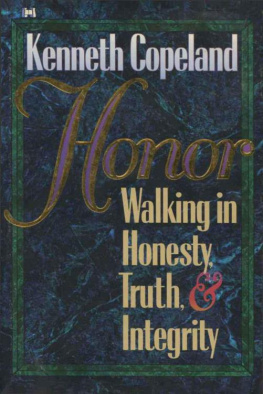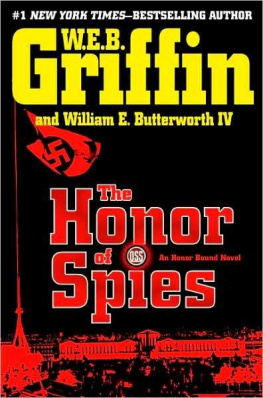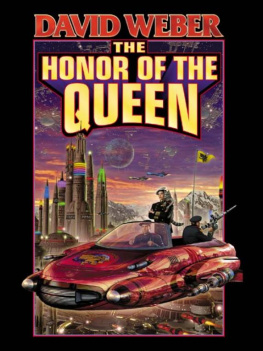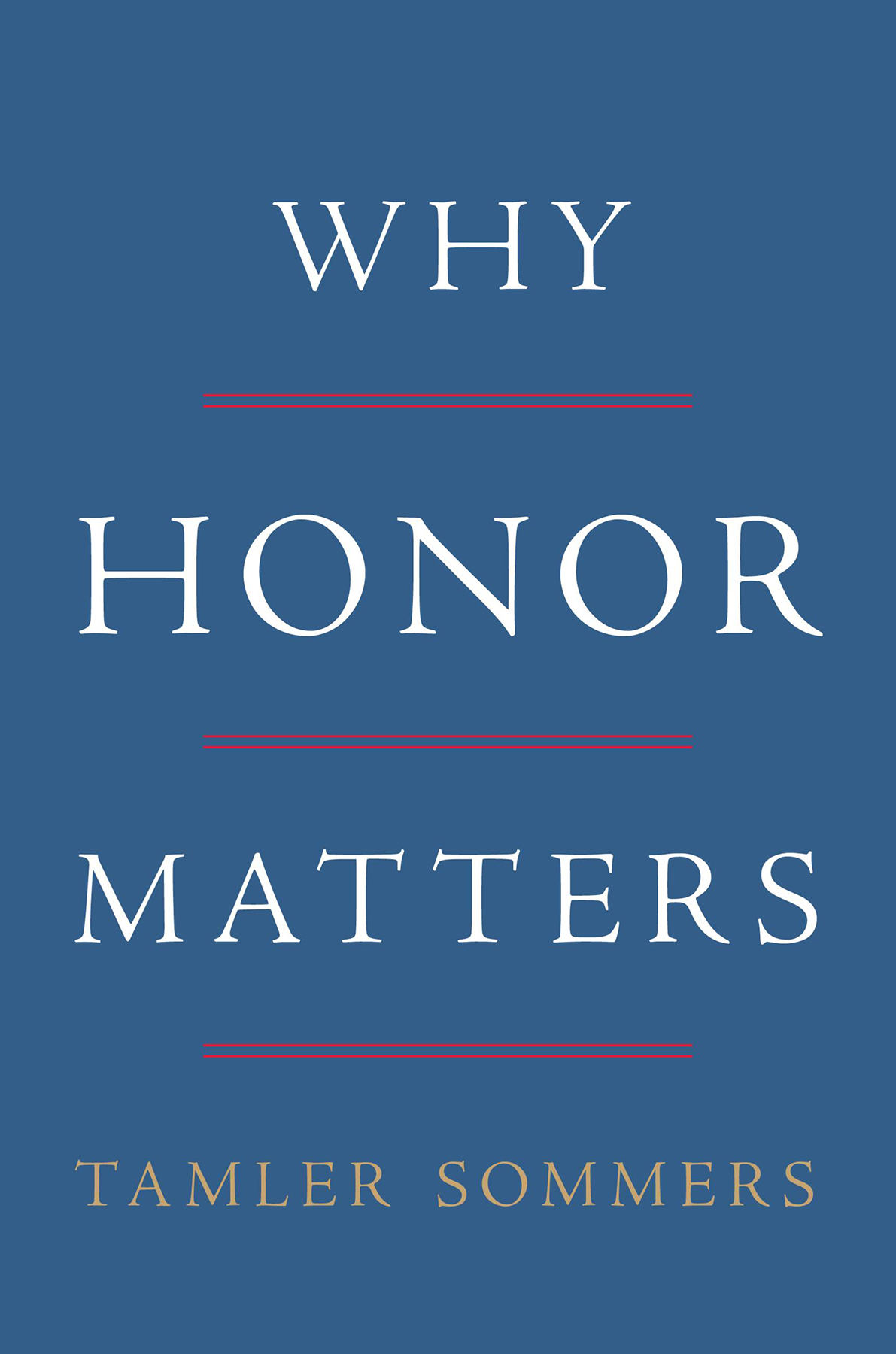Whos your favorite character in The Godfather? Ask that question to ten people, and Ill bet you the cost of this book that at least five answer Sonny. Everyone loves Sonny: Santino Corleone, played by James Caan, the hothead, the oldest of the dons three sons, the one who gets gunned down at the tollbooth about halfway through the movie. But why does everyone love him? Think about it for a second. Hes violent and impulsive, he cheats on his wife regularly, and he was a terrible interim don after his father was shot. He starts a war with the family he thinks is responsible, which is bad for business and unites the other Mafia families against him. Even worse, the attempt on his fathers life was Sonnys fault to begin with. Before hes taken out at the tollbooth, Sonny almost leads the Corleone family to ruin. But we love him anyway. Why?
Heres why: we love him for his passion, courage, guts, integrity, and most of all his loyalty to his family. When Sonny learns that Connie, his sister, has been abused by her husband, Carlo, Sonny doesnt hesitate for a second: he heads straight for the corner to find Carlo and gives him the beating that every filmgoer knows he deserves. When it comes to defending his family, Sonny doesnt calculate the best move, the most profitable moveMichael is the calculating member of the family. Sonny just acts out of stubborn passion and a sense of honor. Repeatedly in the film we hear characters say Its only business. Not Sonny, though. Its never only business for Sonny. Thats what gets him killed at the tollbooth: his uncompromising and unprofitable loyaltyto his sister, his fatherand his honor.
Our attitudes toward Sonny reflect a more general ambivalence about honor in the modern West. Indeed, ambivalence may be too weak a word. When it comes to honor, were positively schizophrenic. On the one hand, we have deep nostalgia for the honorable way of life. Whole genres of literature and film feed off this nostalgia. Not just mob movies, but westerns, film noir, revenge stories, Jane Austen novels, even musicals (think Hamilton). The virtues associated with honor such as courage, loyalty, solidarity, accountability, and integrity are precisely what we find lacking in the modern world. But at the same time, we find many aspects of honor to be absurd, petty, and morally reprehensible. After all, doesnt honor lead to blood feuds, pointless duels, vigilantism, revenge, racism, nationalism, terrorism, bullying, and violence against women? Isnt one of the signs of civilizations progress that weve put honor in the rearview mirror and replaced it with a commitment to dignity, equality, and human rights?
as Anthony Appiah puts it, left to contemplate its wilting epaulets and watch its once gleaming sword corrode in the salt air.
because everyone believes that everyone else believes that it exists. And such doubts have been with us for ages. Falstaff, for example, in a famous speech from Shakespeares Henry IV, Part I, asks:
Can honour set-to a leg? No. Or an arm? No. Or take away the grief of a wound? No. Honour hath no skill in surgery, then? No. What is honour? A word. What is in that word honour? What is that honour? Air. A trim reckoning! Who hath it? He that died o Wednesday. Doth he feel it? No. Doth he hear it? No. Tis insensible then? Yea, to the dead. But will it not live with the living? No. Why? Detraction will not suffer it. Therefore Ill none of it. Honour is a mere scutcheon.
To Falstaff, honor is just a word, a scutcheon, not a tangible thing with real value. We still often speak of honor this way, as a shared hallucination, a pyramid scheme propped up by false notions and petty drives for prestige.
Part of the problem, especially for philosophers, is that honor is so hard to pin down. Philosophers like their concepts crisp and definable. The dominant approach in philosophy is called conceptual analysis: an attempt to come up with necessary and sufficient conditions that capture every instance that the concept is used. Honor emphatically resists this kind of approach. Ive been writing this book on honor for three years, and Im still hard-pressed to give a concise description of what it is. Think of how many categories we associate with the concept: honor cultures, honor systems, honor codes, honor values, medals of honor, honorary degrees, honor rolls, honor groups, honor societies, honor worlds. Honor can be a verb (Honor thy mother and father), a noun (We must preserve the family honor, I graduated with honors), an adjective (honor society), and a form of address (Your honor, I object!). In contrast to the dominant ethical theories with their small set of universal principles, honor spins a dizzying web of values, virtues, codes, commandments, and prohibitions that are constantly changing and evolving. And honor makes no pretense to universality. The honor of the Mafia is different from the honor of hockey teams, which is different from the honor of an Eskimo tribe. Anyone who wants to define honor with even a hint of precision is in for a rude surprise. (Believe me, I know.)
But undefinable isnt the same as unreal. Over the past ten years, Ive come to believe that honor is both real and valuableindispensable, even, for living a good life in a good and just society. Im convinced that our collective rejection of honor has come at great cost and that reclaiming it can improve our lives and our society. This book is my attempt to explain why.
Why Me? Why Honor?
Im no stranger myself to ambivalence about honor. At the start of my career, I was on the side of the critics and the dismissers. I promoted a more rational approach to ethicsand especially to my area of expertise: blame, praise, and responsibility. Yet part of me always rebelled against what I was putting down on paper, in my articles. There was always a nagging voice in the back of my mind: You dont believe what youre writing here.


